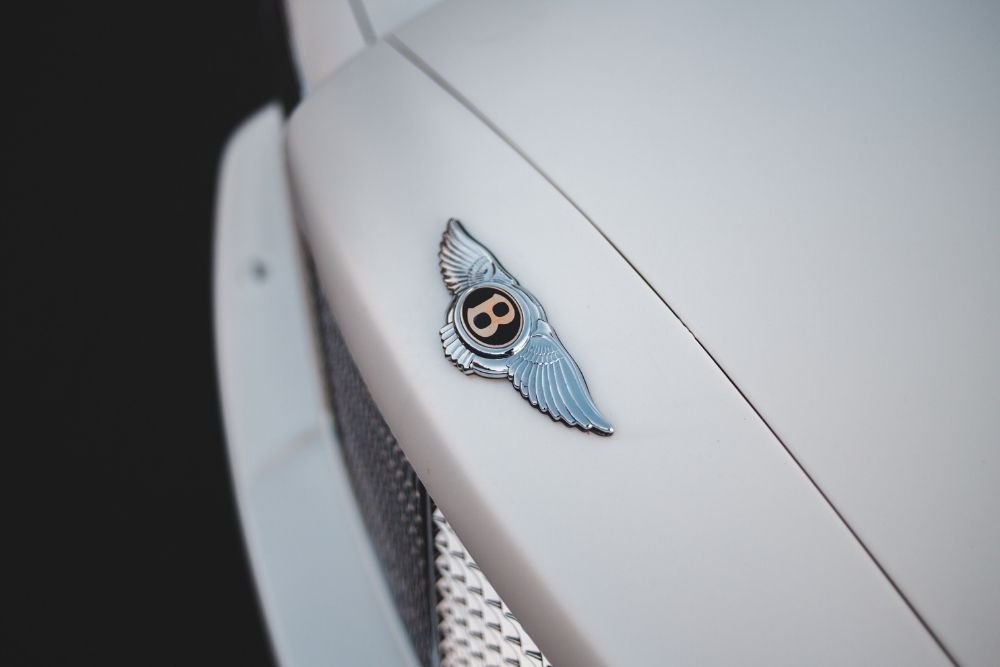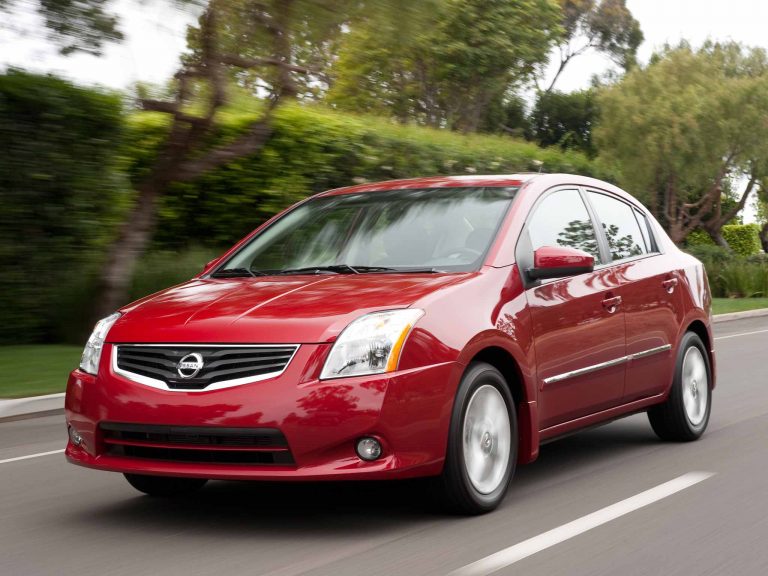Are Bentleys Reliable? (Answered)
Bentley is among the most expensive and sought-after car brands in the world. In 2020, Bentley broke its own sales record, selling 182% of its previous record in China in the first quarter of the year.
Given such impressive figures, it would be natural to assume that Bentleys are reliable cars. People don’t spend hundreds of thousands of dollars on unreliable cars, after all.
Well, as it turns out, that’s not strictly true. Despite the prestige of the brand, Bentley cars have garnered a bad reputation in recent years regarding their reliability. But where does that reputation come from, and is there any truth to it?
In today’s article, we’ll be discussing whether or not Bentleys are reliable cars, based on data obtained from various surveys. We’ll also be evaluating the reliability of the data sources with the aim of coming to an unbiased conclusion.
How Reliable are Bentleys?
Let’s dive in at the deep end and ask the question we’re all here to find the answer to: how reliable are Bentleys, really?
Unfortunately, the answer isn’t promising. It would seem, based on a multitude of surveys (mostly from Britain) that Bentleys are some of the most unreliable cars on the automotive market.
Warranty Direct, the Telegraph, and WhatCar? have conducted research into 37 of the biggest car manufacturers worldwide with the goal of ranking them in terms of reliability. The findings were quite shocking, placing Bentley in 37th place – last – out of all the manufacturers included in the report.
Not only has research found that the average cost of repairing a Bentley is extremely high (roughly $903 based on current conversion rates), Bentleys also score comparatively poorly when it comes to mileage. On average, Bentleys only manage just over 38,000 miles. Considering that other car manufacturers have average mileages of over 50,000, this isn’t very impressive.
Probably the most damning report, however, is one conducted by The Week, which claims that 93% of Bentley cars experience some kind of fault that needs repairing each year. Once a year is quite a high level of frequency when it comes to mechanical faults, and considering the average price of a Bentley, 93% is not an encouraging statistic.

Why Aren’t Bentleys Reliable?
The truth is that luxury cars like Bentleys are not built to withstand daily wear and tear in the same way as more affordable, everyday cars are.
Ultimately, luxury cars are designed to look a certain way and perform under specific conditions. They’re not mechanical workhorses.
What this means is that the average luxury car sustains damage more quickly and more often than non-luxury models. This, in itself, makes the Bentley an unreliable choice of car.
However, when you factor in just how expensive Bentley parts are, the cost of repairs skyrocket massively.
If we recall the previous statistics claiming that 93% of Bentleys experience at least one fault per year and that the average repair costs over $900, it becomes clear that maintaining a Bentley in the long term is no picnic.
In short, because most Bentleys need servicing on a regular basis (once a year) and cost so much to repair, they cannot be considered reliable cars by most people’s standards.
Can We Trust the Surveys?
Before we condemn all Bentleys as inherently unreliable cars, it’s also important to note that survey results should be considered within the context of research practices and the potential for bias.
For one thing, it’s definitely true that people are more likely to leave negative reviews of products they’ve had bad experiences with than they are to leave positive reviews of a good purchase.
But before you discount all of the research outlined above on the basis of consumer bias, it’s worth bearing in mind that research surveys are generally more reliable than customer testimonials. This is because the former involves large sample sizes and controls for factors such as generalizability and reliability.
While it seems we can generally trust statistical reports that concern Bentley customers’ experiences exclusively, it might be more difficult to work out exactly how Bentley’s reliability compares to other car brands. This is because Bentley’s luxury status means that fewer people own a Bentley than, say, a Honda. Therefore, there will probably be fewer respondents to surveys about Bentleys than surveys regarding other brands. If not controlled for, this may skew comparisons between Bentley and other manufacturers.
With all that being said, surveys from reputable organizations can, for the most part, be trusted when it comes to assessing Bentley’s reliability.
Frequently Asked Questions
Why are Bentleys so expensive if they’re not reliable?
When you buy a Bentley, you’re paying for the expensive, high-quality components of the design as well as (let’s face it) the brand name. Neither of these things guarantees reliability, which is why Bentleys cost so much even though they are not reliable.
What are more reliable alternatives to Bentleys?
Aston Martin and Porsche are Bentley’s main competitors in the luxury car market, so these are the best alternatives if you’re looking for something similar.
Aston Martin scores higher than Bentley when it comes to reliability based on how often these cars need repairing and how much those repairs cost, comparatively.
Porsche, on the other hand, doesn’t seem to be any more reliable than Bentley. On average, Porsche cars have more mileage but they need servicing roughly as often as Bentleys and sometimes cost even more to repair.
So, if you’re looking for a reliable alternative to a Bentley, an Aston Martin is your best bet, although the difference won’t be that significant.
Final Thoughts
Overall, Bentleys are fairly unreliable cars. Most cars by Bentley need servicing on a yearly basis and cost in the region of $900 to repair.
If you’re looking for a luxury car and have been put off by Bentley’s reliability reports, you may be better off with an Aston Martin.
With that being said, if you have your heart set on a Bentley and have the requisite funds, go for it! Just be prepared to spend a lot on maintenance each year.




